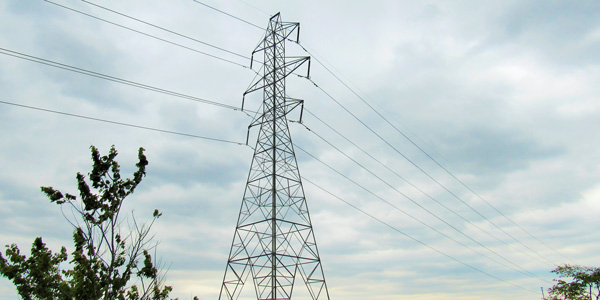By Amanda Durish Cook
FERC staff have approved a MISO proposal to allow generators to withdraw from the RTO’s interconnection queue penalty-free after undergoing a three-stage evaluation process.
The commission’s Office of Energy Market Regulation on Wednesday accepted MISO’s plan in a three-page order containing little comment (ER17-156-003).
In approving MISO’s new interconnection queue rules in January, FERC required the RTO to devise a method to allow refunds of milestone payments if “significant” change affects cumulative network upgrade costs while a project is in the interconnection queue’s definitive planning phase (DPP) — the final phase of the queue before generation interconnection agreements are finalized. The commission also told MISO to define the degree of change needed to trigger a penalty-free exit. (See FERC Accepts MISO’s 2nd Try on Queue Reform.)
Under the new rules, MISO will evaluate cost increases across all three stages of the DPP and assign different thresholds to activate refunds depending on the stage of the project. Refunds will be triggered if:
- From the first stage of the DPP to the second, network upgrade costs increase by at least 25% — and a minimum of $10,000/MW — between the publication of the preliminary and revised system impact studies. For upgrades on transmission systems outside of MISO, a 30% cost increase is required.
- From the second to third stage, upgrade costs increase by at least 35% — and more than $15,000/MW — between the revised SIS to any phase three studies. For outside transmission system upgrades, a 40% increase is needed.
- From the first to the third stage, upgrade costs increase by a cumulative 50% — and at least $20,000/MW — from the preliminary SIS to any phase three studies. Outside transmission system upgrades require a 55% increase.
While acknowledging that the three-step approach was “admittedly more complicated than other solutions,” MISO said it believed the proposal “best balances key interests for both interconnection customers and MISO.”
The gradually increasing thresholds and floors “encourage projects to withdraw earlier in the queue process at a point where restudy is already incorporated in the process and discourages queue gaming,” the RTO said, reducing the need for cascading restudies — a point FERC also asked MISO to address in accepting the new queue rules.





